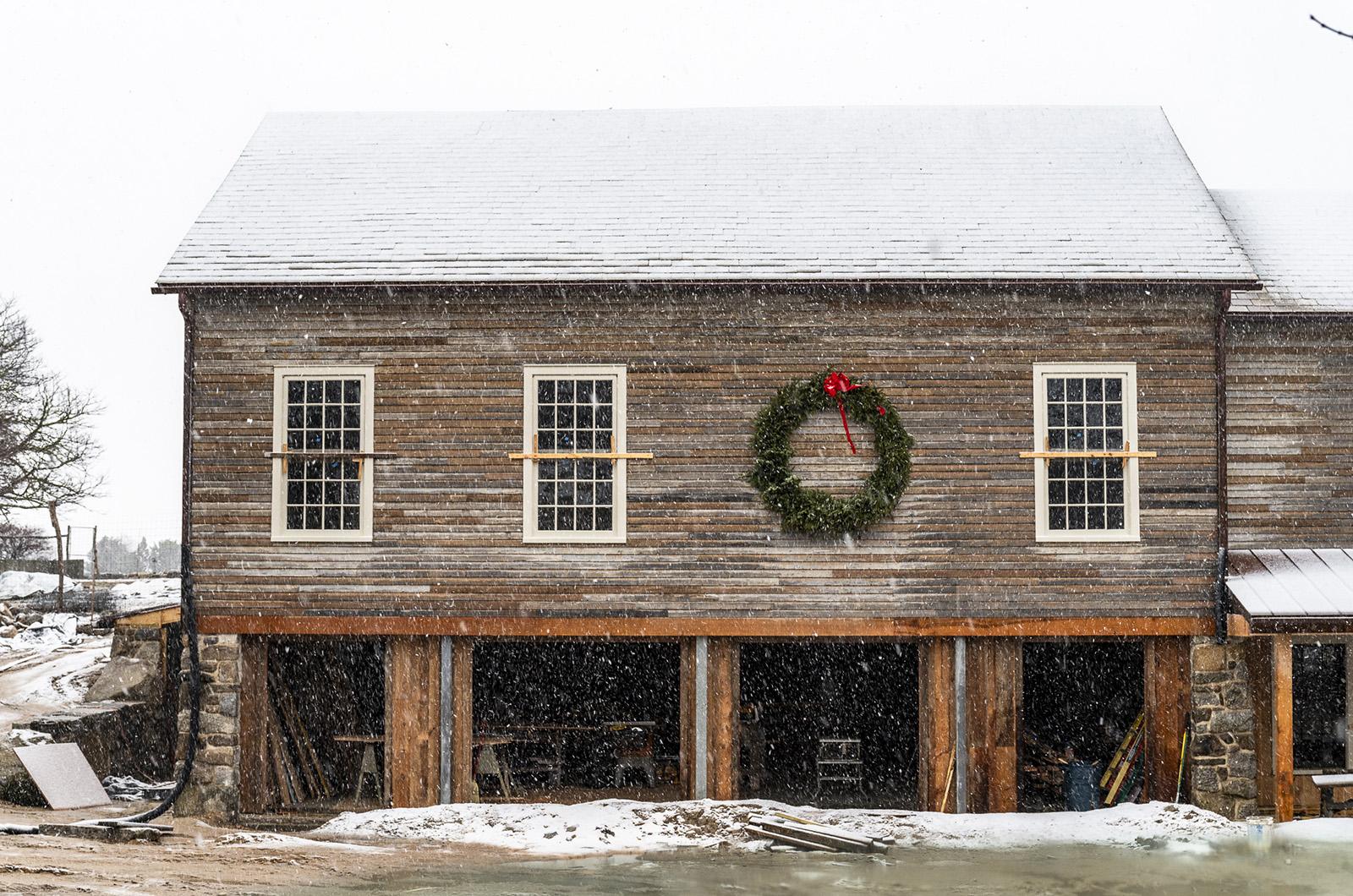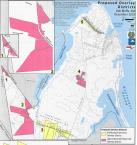Chilmark officials, farmers and residents continued to debate potential revisions to town agricultural zoning bylaws at a planning board meeting this week after an effort to open public hearings on the changes was blocked by the town select board.
The revisions, which would explicitly allow farms in Chilmark to host agriculture-related events, were proposed to the planning board by a coalition of local farmers this summer. The board has since struggled with public engagement, prompting them to go before the select board for public hearings.
“There were reactions from the select board, as well as reactions from our town counsel, suggesting that we go back to [the bylaw], and work on definitions and parameters,” planning board chair Richard Osnoss said Monday.
“Typically, when the planning board is working on a zoning bylaw, we create a subcommittee…and we had tried to do that, and we were unable to get a commitment from four people on our board,” he said.
The planning board brought the issue before the select board in December, presenting a preliminary bylaw for public hearings in an effort to jumpstart the process. That preliminary bylaw, though, sparked major concerns from the select board.
“It’s my belief that this proposal, as it stands, threatens what makes Chilmark unique,” said select board member Jim Malkin, in a prepared statement at the December meeting. “The proposed language...gives virtually unlimited freedom to do anything,” he said.
The select board voted not to open public hearings for the bylaw revisions, instead kicking the process back to the planning board.
Now that the issue had come before a broader segment of the town, Mr. Osnoss suggested that they again attempt to form a subcommittee, including select board participation. Board member Elaine Miller suggested asking the Martha’s Vineyard Commission to facilitate public meetings.
But some farmers present that evening expressed frustration with the slow pace of the bylaw revision process.
Rebecca Miller of North Tabor Farm, which has hosted farm dinners for the last two summers and constructed a commercial kitchen on the property, said that uncertainty around the bylaws have made it difficult to plan future farm activities.
“I don’t want to live in the shadows anymore. And I feel like for the first time in 30 years of farming, I lived in the shadows,” she said. “I’m nervous about going into my next farming season in this nebulous space that I’ve been working at…I would like to have something that’s moving a little bit more forward, and faster.”
Board members also floated the idea of developing informal guidelines for how the building inspector should enforce the existing bylaws this summer. Current rules allow farms the “use of premises or structures for...agriculture; or work related directly thereto.”
The board voted to continue the discussion to their meeting on Feb. 12, as well as to reach out to the MVC for help with public engagement.







Comments
Comment policy »